As expected, East Africa dominated the distance races, while sprinters from Southern and Central Africa made decisive gains in the short sprints and relays.
By Tuka Letura
At the 2025 World Athletics Championships in Tokyo, held from 13 to 21 September, Africa demonstrated once again that it is one of the sport’s most dynamic regions. Eight nations reached the podium, while several others finished just outside the medals.
As expected, East Africa dominated the distance races, while sprinters from Southern and Central Africa made decisive gains in the short sprints and relays. Kenya led the charge with a commanding medal haul, Botswana delivered a breakout sprinting showcase, and Ethiopia, despite frequent podium appearances, left Japan without a gold.

Kenya
Kenya produced the strongest campaign of any African nation in Tokyo. Beatrice Chebet won both the 10,000m and 5,000m, while Faith Kipyegon claimed the 1,500m and added silver in the 5,000m. Peres Jepchirchir secured the marathon title, and Faith Cherotich took gold in the steeplechase.
The 800m finals rounded off Kenya’s medal haul. Emmanuel Wanyonyi triumphed in the men’s race, and Lilian Odira delivered a breakthrough performance in the women’s event, cutting nearly two seconds off her personal best and breaking a 42-year-old championship record.
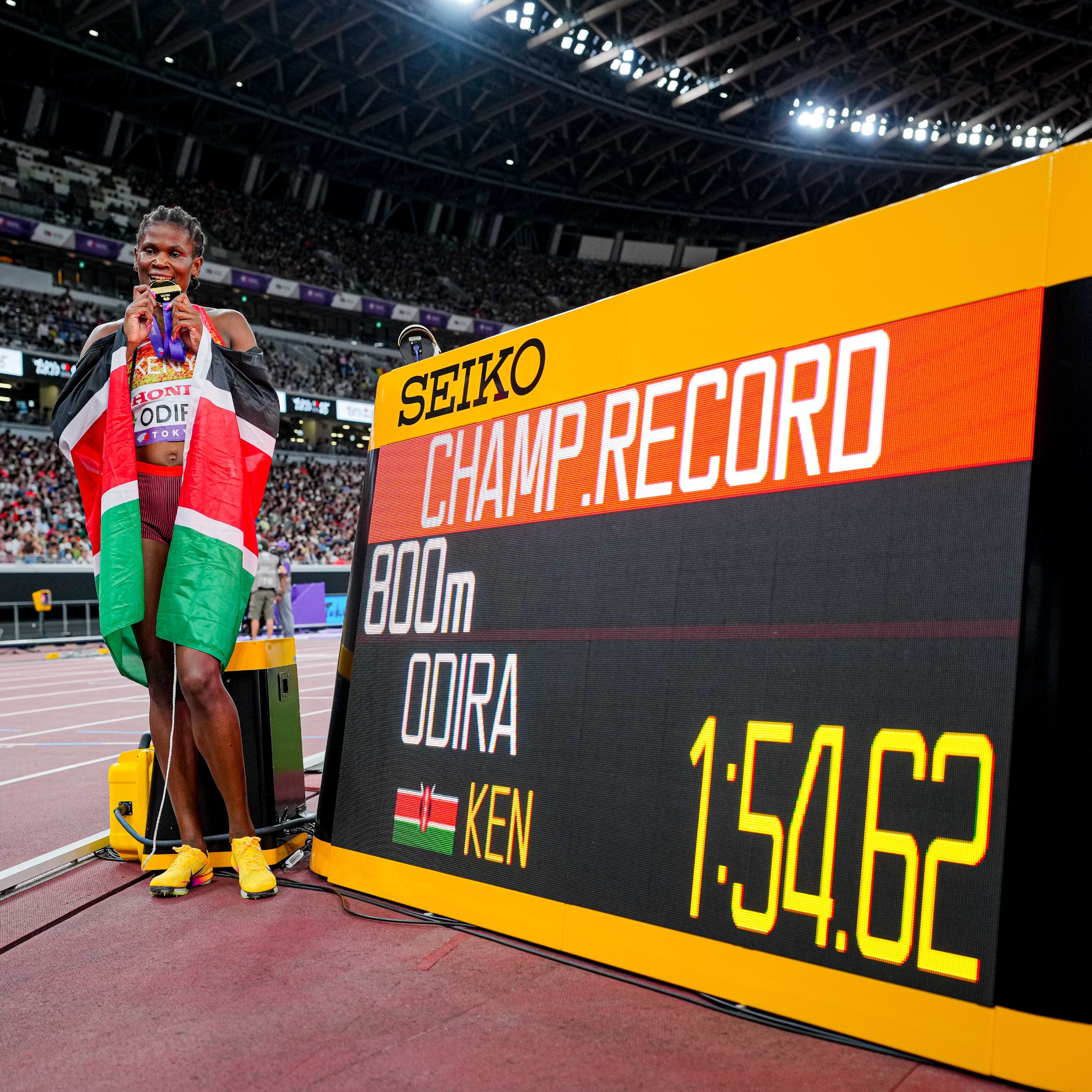
The 26-year-old Odira had stepped away from the sport for several years to raise her two sons, now four and two, before making her return. Her comeback was crowned with a gold medal at the World Championships.
With this, Kenya became the first country in history, across both men’s and women’s events, to win all the distance races at a single World Championships, following the clean sweep by the women.
Botswana
Botswana enjoyed its best-ever World Championships, finishing fifth in the medal standings behind the US, Kenya, the Netherlands, and Canada, with two golds, one silver, and one bronze.
Collen Kebinatshipi, 21, became the country’s first male world champion after storming to 400m gold in 43.53 seconds — a national record and the fastest time of the season. Bayapo Ndori added bronze in the same event.
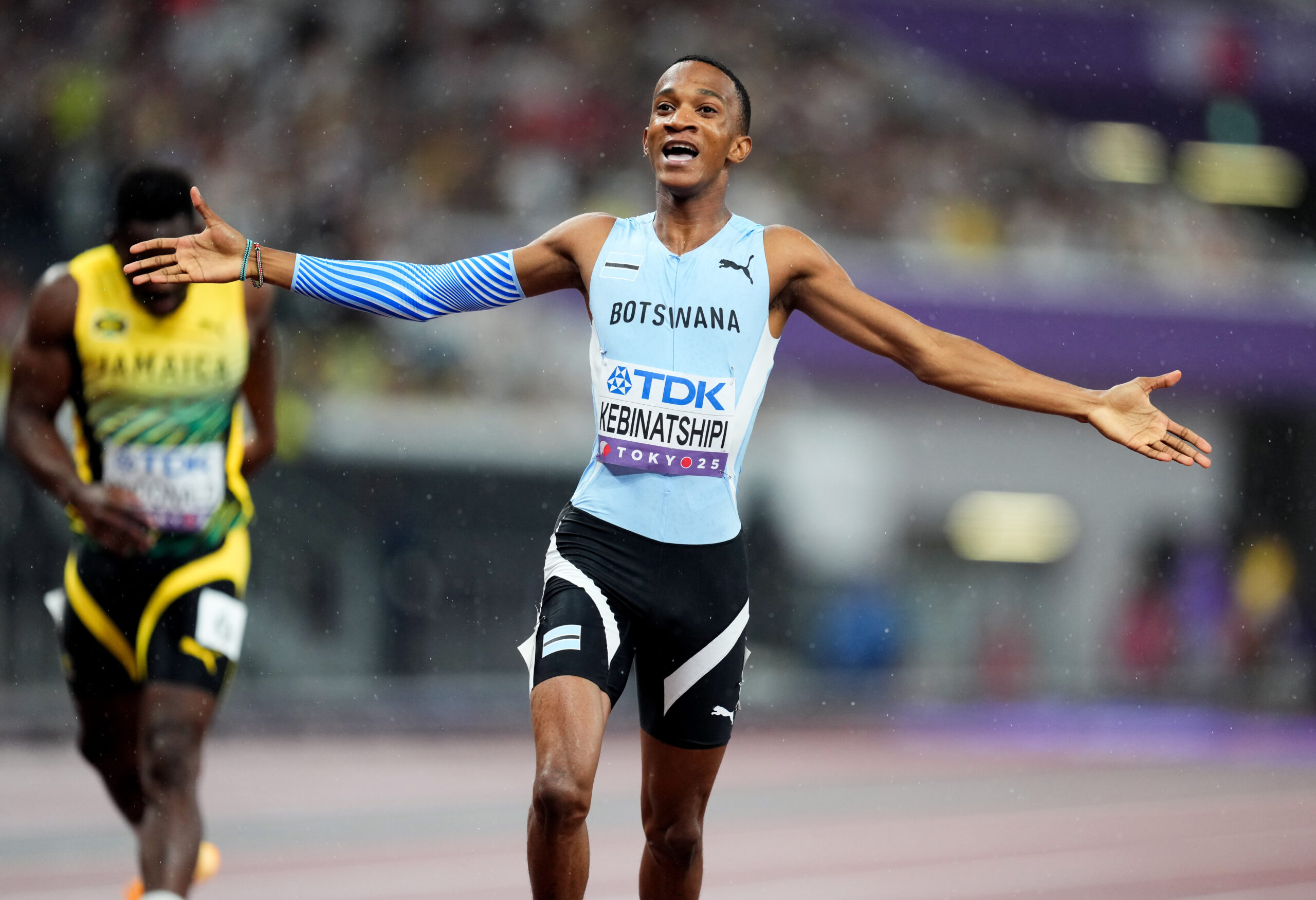
The nation’s crowning moment came in the men’s 4x400m relay, where Botswana edged past the United States and South Africa in a dramatic finish to claim its first world title in the event.
Tanzania
Tanzania celebrated its first-ever world title after Alphonce Felix Simbu won a dramatic photo finish in the men’s marathon.
Alphonce Felix Simbu edged Germany’s Amanal Petros by just three hundredths of a second, with both athletes clocking 2:09:48 — the narrowest winning margin in global marathon history. Petros had led into Tokyo’s National Stadium but was overtaken at the line, with Italy’s Iliass Aouani taking bronze in 2:09:53.
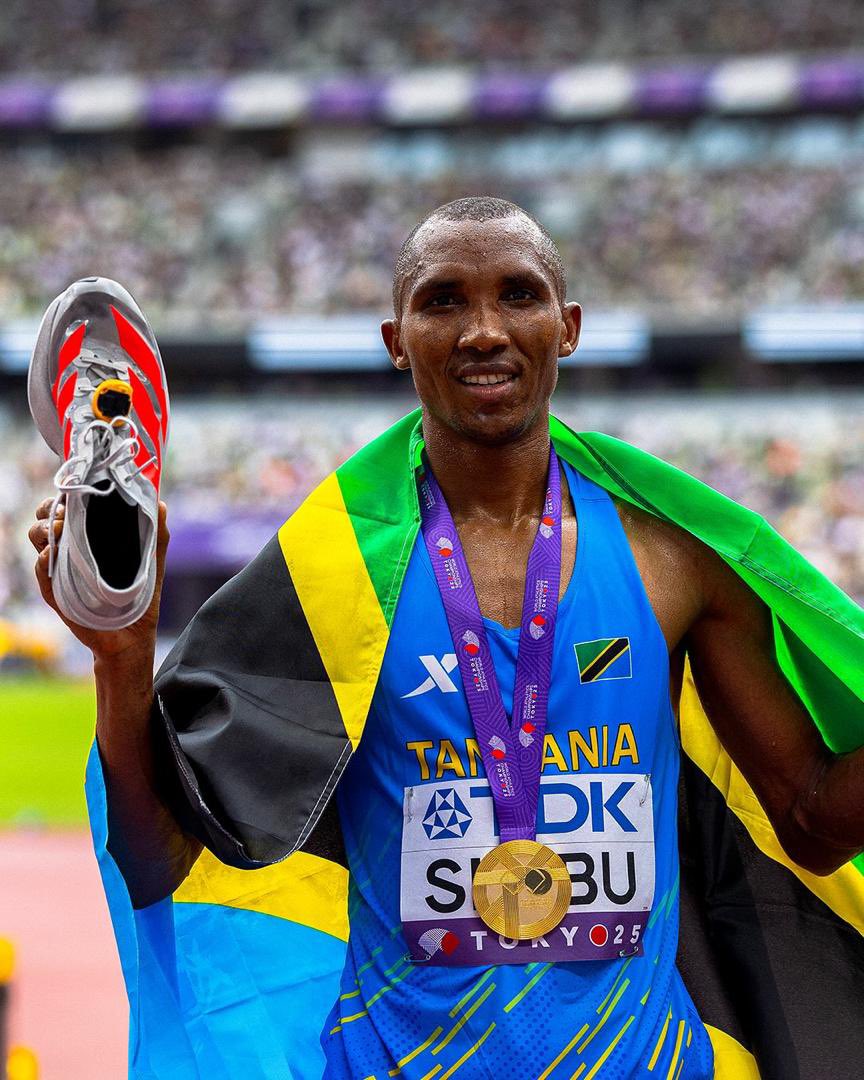
The finish was even closer than the previous benchmark at the 2001 World Championships in Edmonton, when Ethiopia’s Gezahegne Abera defeated Kenya’s Simon Biwott by one second.
Ethiopia
Ethiopia endured its worst World Championships in more than three decades, leaving Tokyo with just two silvers and two bronzes. Tigist Assefa claimed silver in the women’s marathon, Yomif Kejelcha in the men’s 10,000m, while Gudaf Tsegay and Simbo Alemayehu added bronzes.
For the first time since 1991, Ethiopia failed to win a gold medal. Once synonymous with distance-running dominance through legends such as Haile Gebrselassie, Kenenisa Bekele, Tirunesh Dibaba, and Meseret Defar, the nation’s aura of inevitability was broken.
The results highlighted a decline years in the making, exposing weaknesses in the country’s athletics system and raising urgent questions about how Ethiopia can rebuild its status as a global force in endurance running.
Algeria
Algeria competed at the 2025 World Athletics Championships in Tokyo from 13 to 21 September and came away with one medal. Djamel Sedjati delivered that result in the men’s 800m, winning silver on September 20 to give Algeria its only podium finish of the championships.
Nigeria
Nigeria finished 27th on the medal table in Tokyo, picking up just one medal at the 2025 World Athletics Championships.
Tobi Amusan secured silver in the women’s 100m hurdles, reinforcing her status as the country’s most consistent international athlete. Ezekiel Nathaniel narrowly missed out on a podium place in the men’s 400m hurdles, breaking his own national record with 47.11 seconds to finish fourth in a race briefly reshuffled by the disqualification of Rai Benjamin.
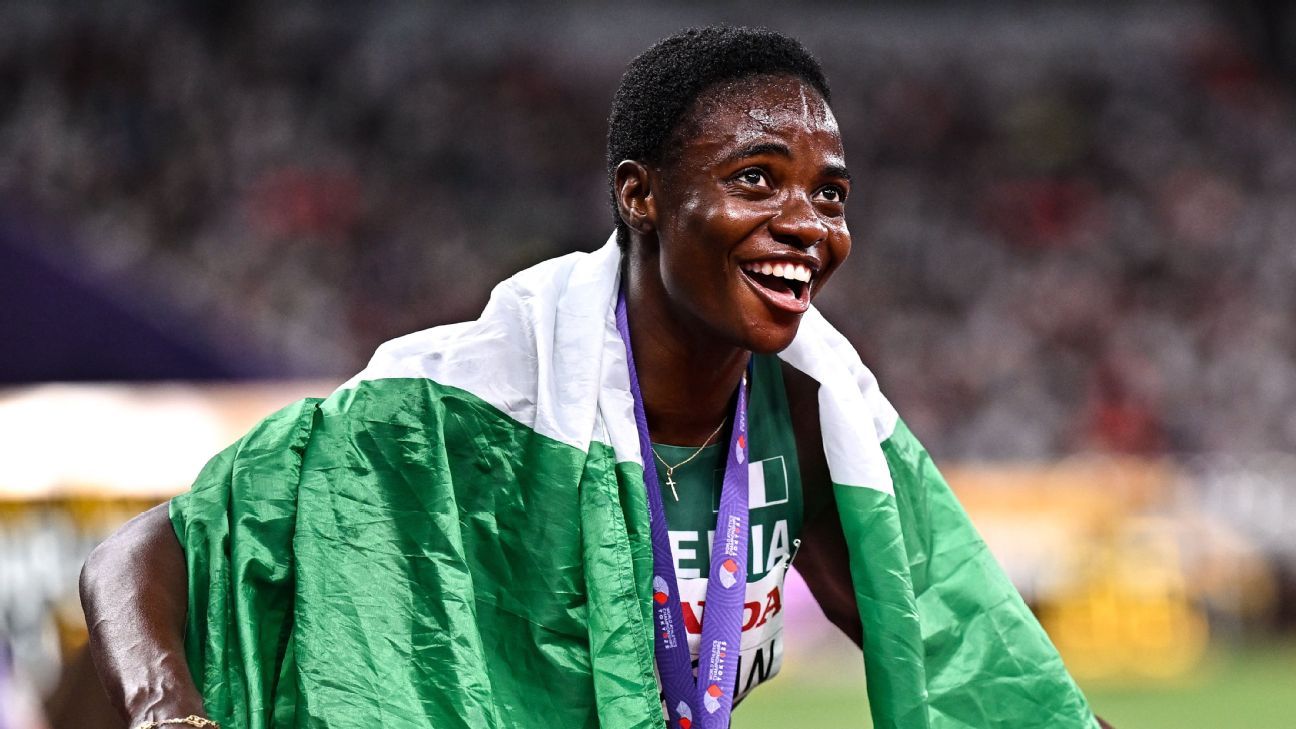
Morocco
Morocco’s only medal in Tokyo came in the men’s 3000m steeplechase, where defending champion Soufiane El Bakkali was denied a fifth consecutive global title.
In a slow, tactical race, New Zealand’s Geordie Beamish surged wide in the final 30 metres to snatch gold, leaving El Bakkali to settle for silver in 8:33.95. Kenya’s Edmund Serem claimed bronze in 8:34.56.
South Africa
South Africa returned to the World Championships podium after eight years, winning bronze in the men’s 4x400m relay in Tokyo.
The quartet of Lythe Pillay, Udeme Okon, Wayde van Niekerk, and Zakithi Nene produced a strong team display to secure third place and deliver the nation’s only medal of the competition.
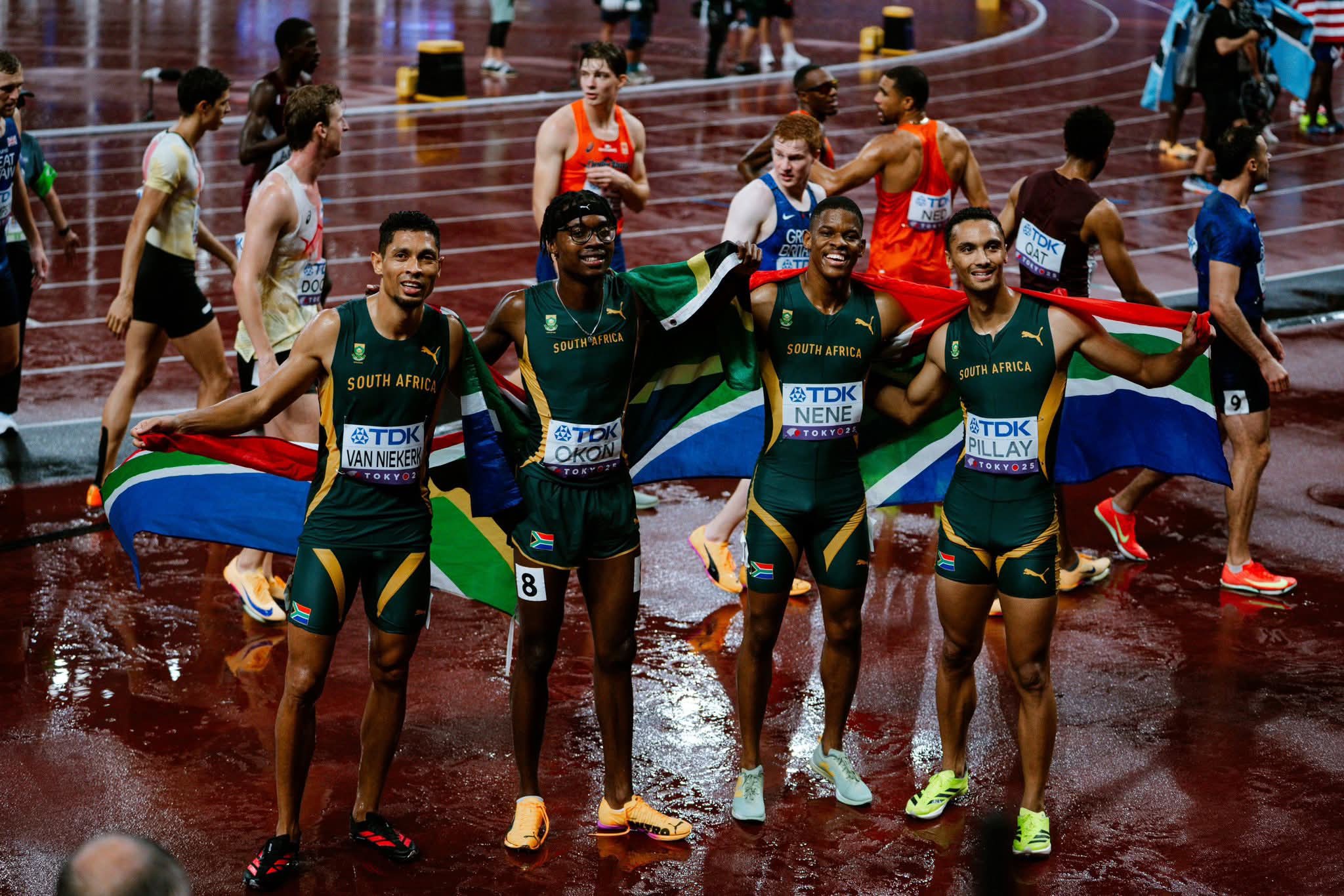
The 22025 World Athletics Championships reaffirmed established hierarchies while also showcasing emerging models of success. For national federations and continental stakeholders, the imperative is clear: leverage strengths — whether endurance or sprint clusters — close tactical margins where they exist, and institutionalise data-driven athlete development.
If these elements are aligned, the next edition could see both consolidation from traditional powerhouses and the rise of new nations on the podium, driven by targeted investment in specific events.
Tuka Letura is an experienced sports writer with over six years of experience in the craft. He uses data and statistics to provide analysis and commentary. From regional to worldwide competitions, he has covered a wide range of sports-related events and topics. He is devoted to sharing his enthusiasm for sports with his audience and engaging them with interesting anecdotes and viewpoints.




